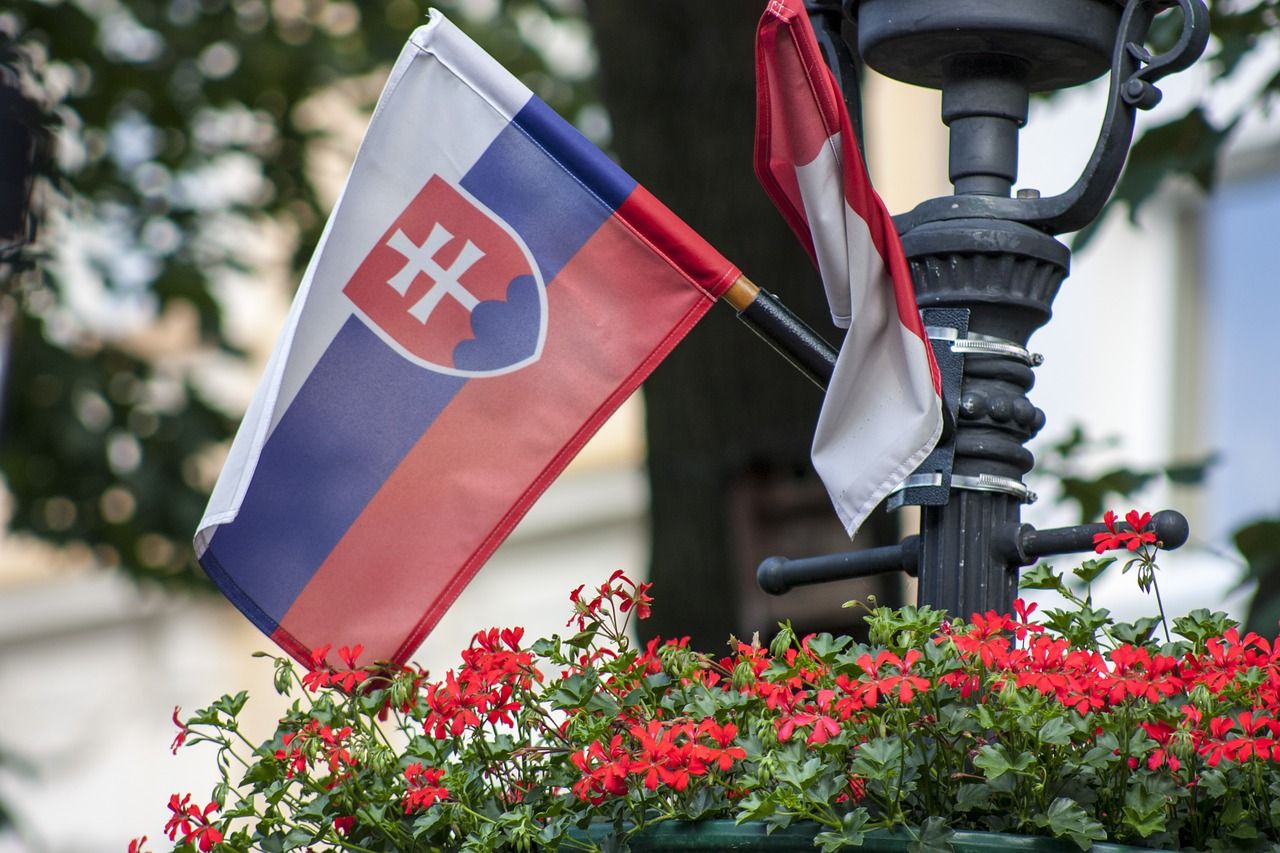Slovakia, a Central European nation known for its rich history and vibrant culture, has been steadily emerging as a significant player in the European business landscape. As globalization continues to connect markets and enterprises, understanding the nuances of Slovak business etiquette and cultural norms becomes crucial for anyone looking to establish successful professional relationships in the country. This article delves into the key practices of Slovak business etiquette and provides cultural insights to help navigate the professional norms in Slovakia.
Understanding Slovak Business Etiquette: Key Practices
In Slovakia, punctuality is highly valued and considered a sign of respect and professionalism. Arriving on time for business meetings is essential, and it’s advisable to be prepared and organized. Being late can be perceived as disrespectful and may negatively impact the business relationship. If you foresee any delays, it is courteous to inform your Slovak counterparts as soon as possible. This respect for time extends to deadlines and project timelines, where adherence to agreed schedules is expected.
Another fundamental aspect of Slovak business etiquette is the importance of formal introductions. When meeting for the first time, a firm handshake accompanied by direct eye contact is customary. Titles and surnames are typically used until a closer relationship is established, at which point first names may be used. Business cards are exchanged during initial meetings, and it is considered polite to take a moment to examine the card before putting it away, signaling respect for the individual’s professional identity.
Communication in Slovak business settings tends to be direct yet polite. Slovaks appreciate straightforwardness and clarity in discussions, avoiding overly aggressive or confrontational tones. While English is commonly spoken in business circles, making an effort to learn a few basic Slovak phrases can be seen as a gesture of goodwill and respect. Additionally, it’s important to be mindful of non-verbal cues; maintaining eye contact and an open posture can foster trust and a positive rapport.
Cultural Insights: Navigating Slovak Professional Norms
Understanding the hierarchical nature of Slovak business culture is essential for effective interaction. Decision-making processes are often centralized, with senior management playing a crucial role in final approvals. It is important to recognize and respect the authority of senior figures in meetings and negotiations. Hierarchical structures also mean that building relationships with key decision-makers can be particularly advantageous.
Slovak business culture places a strong emphasis on building personal relationships before diving into professional matters. Trust is a fundamental component of business interactions, and it is often cultivated through informal socializing outside of the office. Invitations to dinners, cultural events, or even weekend trips can be common as a way to strengthen business ties. Participating in these social activities can significantly enhance mutual understanding and trust.
In terms of workplace dynamics, Slovaks value a collaborative and team-oriented approach. While individual initiative is appreciated, the collective effort is often emphasized. Open communication and a willingness to share ideas are encouraged, but it is also important to be respectful of others’ opinions and contributions. This collaborative spirit extends to problem-solving and decision-making, where input from various team members is often sought to arrive at the best possible outcome.
Navigating the business landscape in Slovakia requires a keen understanding of both etiquette and cultural norms. From punctuality and formal introductions to the importance of hierarchical respect and personal relationship-building, these elements play a crucial role in fostering successful professional engagements. By appreciating and adapting to these practices, business professionals can build strong, respectful, and productive relationships with their Slovak counterparts, paving the way for fruitful collaborations and ventures.
